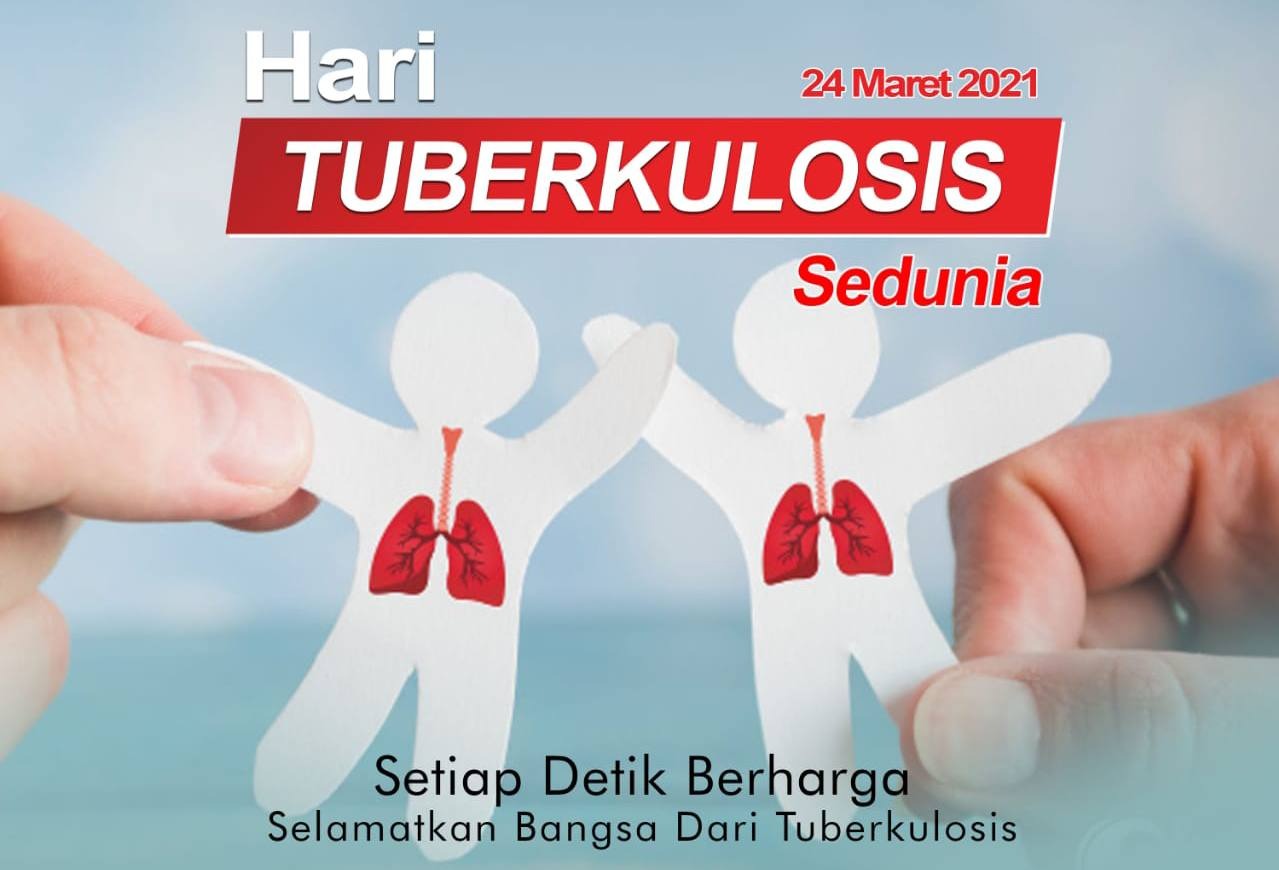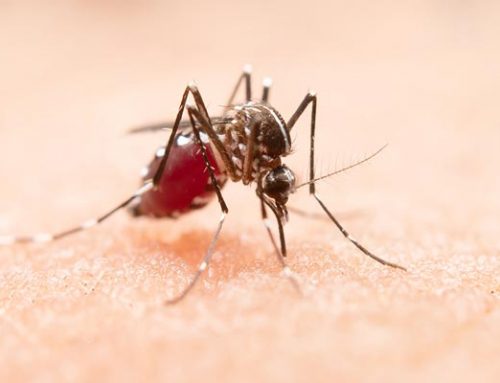
Esaunggul.ac.id, Tuberculosis (TB) is still a major health problem around the world, including in Indonesia. In fact, Indonesia is ranked second in the world as the country with the highest tuberculosis cases, after India.
World Tuberculosis Day, which is celebrated annually on March 24, aims to raise public awareness to play a role in efforts to overcome this tuberculosis disease.
So what is the theme and meaning of World Tuberculosis Day in 2024, the following is the result of a conversation with Prof. Maksum Radji, Professor of Pharmacy Study Program at FIKES Esa Unggul, Jakarta.
Starting this conversation, Prof. Maksum explained that World Tuberculosis Day, which is commemorated every March 24, has an important meaning in efforts to overcome tuberculosis disease. The commemoration of World Tuberculosis Day coincides with the discovery of the bacteria that causes tuberculosis (TB), namely the Mycobacterium tuberculosis bacteria by Dr. Robert Koch in 1882.
“This discovery paved the way for a better understanding of tuberculosis and laid the foundation for research into tuberculosis and its treatment. The commemoration of World Tuberculosis Day is also a reminder of the devastating impact of TB disease on communities around the world,” he said.
Prof. Maksum added that TB is still a global health threat, especially in low- and middle-income countries. According to the World Health Organization (WHO), TB is still one of the top 10 causes of death in the world, with an estimated 10 million people having TB and 1.5 million of them dying from the disease every year. The health burden of tuberculosis is particularly high in Africa and Southeast Asia, where resources for prevention, diagnosis, and treatment are limited.
Launching the page https://www.who.int/campaigns/world-tb-day/2024 Prof. Maksum said that the theme of World Tuberculosis Day in 2024 is “Yes! We Can End TB!”. The theme of World Tuberculosis Day 2024 – ‘Yes! We can end TB!” – is a message to stakeholders and the global community to stay committed and get back on track in fighting the TB epidemic. The TB response strategy is made possible through commitments made by Heads of State at the UN High-level meeting in 2023 to accelerate progress in ending TB.
“This theme was chosen to convey the message and hope of the importance of sustained global efforts to eradicate the disease, as well as to raise public awareness about the tuberculosis epidemic, its devastating impact on individuals and communities, and the efforts that need to be made to eradicate TB. World Tuberculosis Day is also a moment to highlight the importance of research and innovation in developing rapid diagnostic tools, and new treatments to encourage investment in research to address challenges such as anti-tuberculosis drug resistance and access to affordable and effective treatments”, she explained.
Transmission and Symptoms of TB
Prof. Maksum revealed that TB is an infectious disease caused by the Mycobacterium tuberculosis bacteria that mainly attacks the lungs, but can also attack other parts of the body such as the brain, spine, or kidneys. The disease is spread through the air when an infected person coughs, sneezes, or talks, releasing tiny droplets into the air that can be inhaled by others.
“When people with tuberculosis cough or sneeze without covering their mouths, the bacteria will be spread into the air in the form of sputum splashes or droplets containing thousands of Mycobacterium tuberculosis bacteria. These bacteria then enter through the respiratory tract into the lungs and can spread to other parts of the body,” he said.
The symptoms can include a persistent cough that lasts more than three weeks, coughing up blood, chest pain, fatigue, fever, decreased appetite, sweating at night even without doing activities and weight loss. While the group at risk of tuberculosis is anyone who is near a person infected with tuberculosis can be infected. But the most at risk are children, people with HIV/AIDS, the elderly, and people with diabetes, as well as people who often have direct contact with people with TB and also active smokers.
TB in Indonesia
Prof. Maksum explained that currently Indonesia still ranks second as the country with the highest number of TB cases in the world. Based on data from the Indonesian Ministry of Health, there has been an increasing trend of TB cases in Indonesia in 2023 compared to previous years. In 2020, 824,000 TB cases were recorded. Then a year later it rose to 969,000 cases. According to data from the Indonesian Ministry of Health, there has been an increase in TB cases in Indonesia in 2023 which then reached around 1,060,000 cases. This is the highest number so far.
“This increase in cases should be an important concern considering that TB cases in children have also increased dramatically and tripled. The increase in TB cases in children is the result of the Covid-19 pandemic, which is likely that at that time there were many adult TB patients who had not been treated properly who might have transmitted it to their children,” he explained.
So what are the prevention and therapy efforts?
Answering this question, Prof. Maksum explained that early detection and treatment of active TB cases is very important to prevent transmission. Screening and early detection programs, especially for high-risk populations, are essential to achieve good and effective treatment. Tuberculosis can be treated with anti-tuberculosis drugs, but therapy must be continued for several months to ensure that the patient is completely cured. TB patients need to complete the entire course of treatment properly to prevent the development of strains of Mycobacterium tuberculosis bacteria that are resistant to anti-tuberculosis drugs. TB treatment generally lasts for 6-9 months and is divided into two stages. In the early stage, the medicine is taken daily for two or three months. Then in the final stage, the drug is taken three times a week for four or five months.
As for prevention efforts, Prof. Maksum added that TB can be prevented through vaccination programs. Bacille Calmette-Guérin (BCG) vaccine is used to prevent severe cases of tuberculosis, especially in children. In addition, it is important to always apply a clean and healthy lifestyle, for infection control, such as good ventilation, use of masks, and isolation of TB patients can help prevent TB transmission to others.
“Community outreach efforts can also be undertaken to increase awareness about TB, understanding of its symptoms and the importance of seeking medical care if symptoms arise. These outreach programs also help dispel myths and reduce the stigma associated with tuberculosis disease which can encourage people to seek diagnosis and treatment, thereby helping to accelerate the elimination and eradication of this contagious TB disease. Hopefully, the momentum of commemorating World Tuberculosis Day in 2024 can increase our shared commitment to end the TB epidemic in order to achieve the ultimate goal of a world free from TB disease. Let us work together to fight TB and build healthier and more resilient communities for future generations,” he concluded.
***







